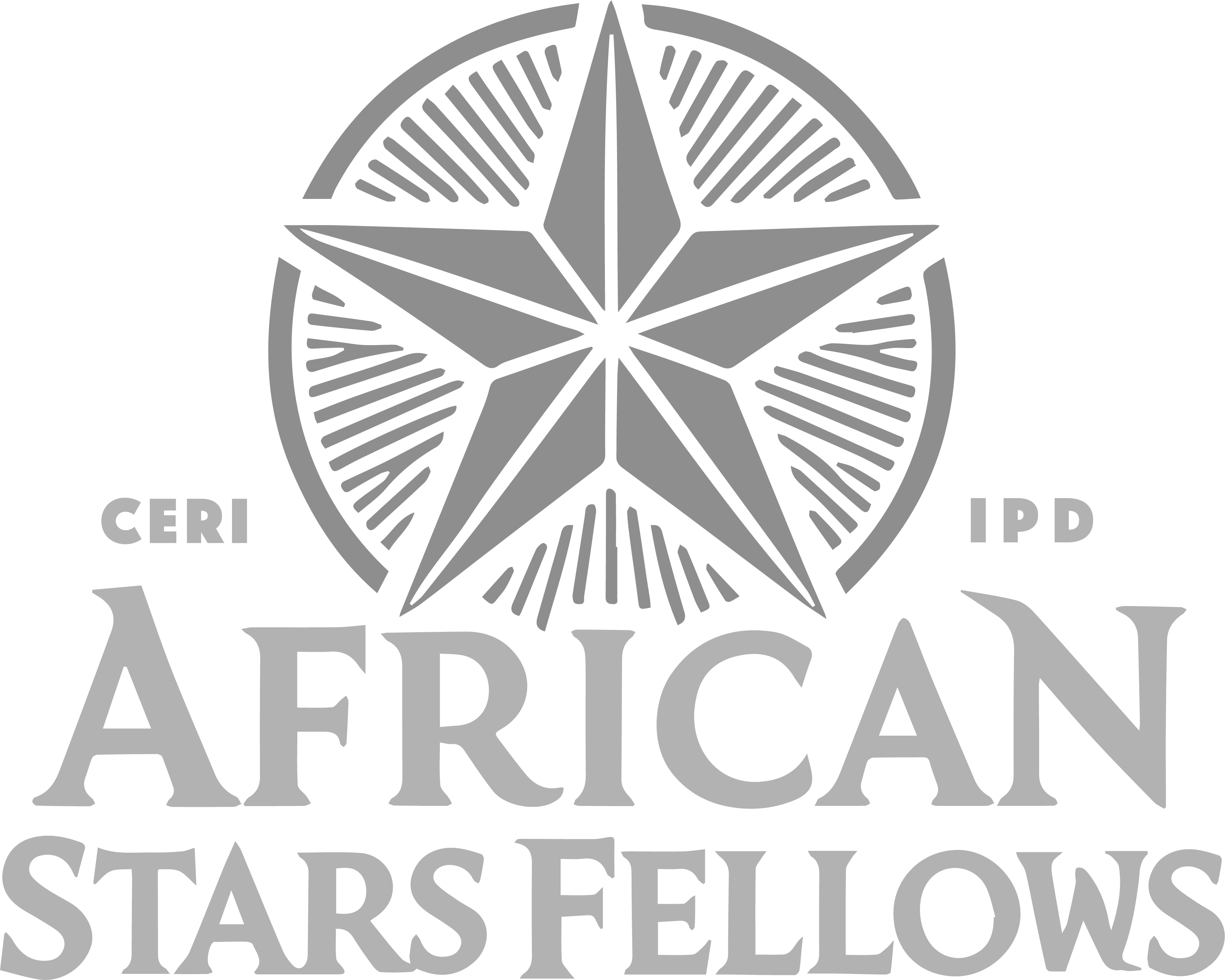The 2025 Call will fund youth-led solutions in 6 thematic areas:
- Sustainable Energy
- Food and Agriculture
- Climate and Health
- Digital for Planet
- Climate, Peace and Security
- Nature for Climate Action
Solutions may naturally address more than one of these areas, though applicants will be asked to identify one primary focus area.
Sustainable Energy
The world stands at a pivotal moment in the energy transition. 2025 will be a defining year in the global energy transition, with renewables set to become the world’s largest source of electricity for the first time in history; driving a sustainable energy revolution that will reshape development. However, with record-breaking temperatures persisting, urgent action is needed to ensure a just and sustainable transition. Clean energy investments remain starkly uneven, with only one-fifth of global clean energy investments having gone to Emerging Markets and Developing Economies (excluding China) so far. Nearly 685 million people are still without electricity access and 2.1 billion lack clean cooking solutions.
In this context, the following are needed to drive transformative action:
- expanding renewable energy adoption;
- leveraging digitalization and AI for optimized energy systems;
- mobilizing innovative financing mechanisms; and
- scaling decentralized energy solutions to reach underserved communities.
Food and Agriculture
Global food systems are at a breaking point, contributing to environmental degradation, food insecurity, and socioeconomic inequality. Food systems account for 31% of human produced global greenhouse gas emissions, 80% of deforestation, 70% of biodiversity loss, and 70% of freshwater use. At the same time, 2.4 billion people face moderate or severe food insecurity, and 42% of the global population cannot afford a healthy diet. Crises such as conflicts, climate shocks, and economic disruptions have intensified these challenges, particularly in fragile contexts. Solutions to these challenges can include but are not limited to:
- agroecology and regenerative agriculture to restore soil health, reduce reliance on synthetic inputs, and promote sustainable practices;
- reducing food waste through local initiatives like composting or sharing platforms;
- strengthening local food markets to improve access to diverse and nutritious diets;
- fostering collaborative efforts through inclusive and open discussions, ensuring unified action on food, climate, and biodiversity for real, lasting change.
Climate and Health
The climate crisis is a health crisis. Extreme weather events, including floods and heatwaves, as well as the spread of infectious diseases, increase demand for health services while simultaneously threatening the health sector’s ability to provide care by interrupting power lines, damaging or destroying facilities, and hindering access. Importantly, the climate crisis amplifies health inequities, disproportionately impacting marginalized communities today, while threatening the long-term health and well-being of children and young people. Yet young people, whose physical and mental health is likely to be most impacted, are often not adequately supported to be part of the solution, and health priorities often remain underrepresented in national climate commitments.
This priority area of the Call seeks to enhance health-inclusive climate planning and actions led by young people, and solutions that contribute to ensuring that the health needs of young people and other marginalized groups are adequately met.
Digital for Planet
Digital technologies hold immense potential for both mitigating and adapting to climate change and preserving and restoring biodiversity. Digital not only enables the development of innovations that drive climate action but also offers powerful tools and solutions to reduce greenhouse gas (GHG) emissions, protect and restore nature, and improve climate resilience. For example, a 2018 study by the Exponential Roadmap Initiative showed that digital technology could reduce global emissions by 15 percent through solutions in sectors like energy, manufacturing, agriculture and land use, buildings, services, transportation and traffic management.
Under this priority area, the Youth4Climate Call is seeking solutions addressing nature and climate crises through:
- the use of frontier digital technologies;
- digital technologies that respond to sector-specific needs;
- initiatives that leverage digital technologies to generate values shift by transforming behaviours and narratives surrounding nature and climate crises.
Climate, Peace and Security
Climate change is reshaping global peace and security, acting as a threat multiplier that exacerbates vulnerabilities, disrupts livelihoods, and increases conflict risks, especially in fragile and conflict-affected contexts. Countries most affected by both climate and conflict also suffer the lowest levels of access to climate finance, adaptation and energy.
For the world’s over one billion youth, including over 700 million living in these settings, the stakes are high. The interlink between climate, peace and security is disproportionately affecting youth, putting their future at risk, and affecting their physical as well as mental wellbeing. Despite these challenges, youth are emerging as vital agents of change, contributing actively towards solutions for climate action and peacebuilding through creativity and innovation. To mark the 10th anniversary of the Youth, Peace and Security agenda, this area of the Call will seek solutions for peace-positive climate adaptation and mitigation, including but not limited to:
- promoting access to clean energy, water, participatory natural resource management and sustainable livelihoods:
- enhancing social cohesion, fostering dialogue and cooperation to strengthen peace processes in contexts of climate vulnerability:
- addressing climate-induced displacement and vulnerability to violent extremism among youth, supporting integration of youth returnees recruited by extremist groups back into society.
Nature for Climate Action
Biodiversity is fundamental to human well-being, a healthy planet, and economic prosperity for all people. Natural ecosystems are our most powerful ally in the fight against climate change. Healthy ecosystems absorb carbon, regulate climate and protect communities from extreme weather. Yet, deforestation, land degradation, wetland loss and ocean decline accelerate global warming and heighten vulnerabilities, with nature loss costing the global economy trillions of dollars. To meet climate goals, we must shift from exploiting nature to valuing it, driving behavioural change and integrating it into governance, economics, finance, health and conservation. Nature-based solutions can provide 37% of our climate mitigation needs to reduce global greenhouse gas emissions. This priority area seeks a broad range of solutions linked to ecosystem conservation and restoration. W






